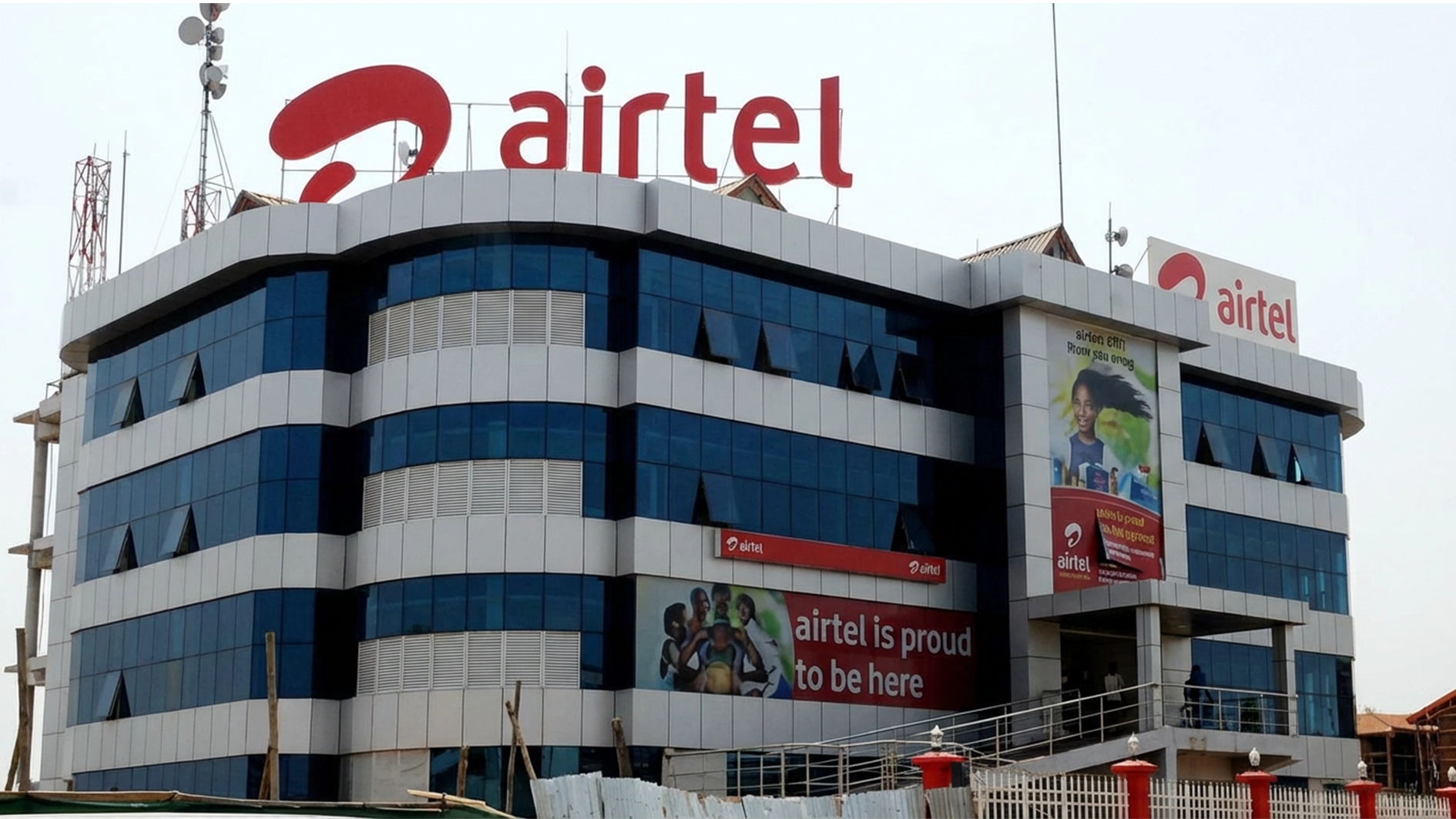
TechCabal insights show VC funding dropped by 22.7%
As startups shop for funding and venture capital, among others, local initial public offerings (IPOs) or direct listings will be an important exit route for African startups in the future.
According to the Founding Partner, of Future Africa, Iyinoluwa Aboyeji, in the African Venture Capital Report 2024 from WeeTracker Media and Future Africa.
Aboyeji noted that the African markets are hungry for technology listings and have a better conceptual understanding and familiarity with the businesses than international exchanges.
He said local listings would also enable pension funds and retail investors to access local champions on the stock exchanges. He said only founders with global product ambitions will pursue the global IPO path.
Recall that some four years back, The Guardian had reported how financial technology (Fintech) startups had shunned the stock exchange for $876.5 million funding overseas, despite the worth of Nigeria Exchange Limited (NGX), estimated to be more than N20 trillion as of then.
Then, checks that reviewed their last six years of operations showed that Fintech approached investors and got funds, especially from venture capitalists (VC) in countries such as the United States, United Kingdom, Switzerland and Belgium.
The 38-page research document, however, noted that while there were no major international listings in 2024, Nigerian-based Tizeti, a YC-backed startup, achieved a significant milestone by listing locally on the Nigerian Exchange (NGX). Tizeti, known for its low-cost Internet services powered by solar towers and undersea cables, operates across Nigeria, Ghana, and other parts of West Africa.
According to Aboyeji, going forward, Future Africa expects the corporate mergers and acquisition (M&A) route to pick up, especially with financial institutions contemplating huge digital transformation projects that lack the talent and know-how to do this.
The report stated that 2024 saw fairly active M&A activity, with a 27 per cent increase in deals compared to the previous year.
Among the disclosed exits, Adumo ($96 million), DocFox ($75 million), and Syft Analytics ($70 million)—all based in South Africa and operating in Fintech or SaaS—stood out as notable transactions.
It revealed that Africa’s largest tech merger in August 2024, Wasoko and MaxAB completed what is widely considered Africa’s largest tech merger. This deal united Wasoko’s dominance in East Africa with MaxAB’s foothold in North Africa, creating a retail and logistics powerhouse serving over 450,000 merchants across Kenya, Tanzania, Egypt, and Morocco.
More than just a market consolidation, the merger aimed to unlock the potential of Africa’s $600 billion informal retail sector by integrating private-label products and offering fintech solutions to merchants.
The combined entity set a new benchmark for cross-regional synergies, illustrating how African startups leverage strategic alliances to address fragmented markets.
In September, the report said Nigerian fintech Rise made headlines by acquiring Kenya’s Hisa, an investment platform. The deal, structured as a mix of cash and stock, marked Rise’s entry into East Africa’s digital investment market.
According to Future Africa, Hisa’s local expertise and strong community ties complement Rise’s vision of democratising global investments. The acquisition preserved Hisa’s identity, enabling Rise to scale operations while maintaining a localised approach.
In a related development, new TechCabal Insights showed that the African tech landscape in 2024 shifted from high-growth expectations to a stabilisation phase, as venture capital (VC) funding declined by 22.73 per cent compared to 2023. However, the report said despite economic and regulatory challenges, key sectors such as fintech continued to attract capital, and a wave of M&As underscored the resilience of the ecosystem.
The insight noted that the funding winter accelerated consolidation, with 39 acquisition deals recorded—a 34 per cent increase from 2023. Fintechs led the trend, using M&As to expand their market footprint and improve unit economics.
Fintech remained the most funded sector, securing $1.04 billion, while deeptech, housing, and education remained underfunded.
TechCabal observed that governments took a more active role in shaping fintech, cryptocurrency, and AI policies in the country. It said Nigeria’s Central Bank enforced stricter compliance for fintechs, South Africa introduced a national AI policy framework and Kenya implemented measures to curb AI-driven disinformation.
Peeping into the future, the report noted that the focus will likely be on strategic partnerships, increased regulatory oversight, and market adaptation.
It stressed that with the rise of climate-focused tech, AI governance frameworks, and potential IPOs from African unicorns, the year ahead is set to redefine investment and innovation trends on the continent.
On the 2024 into 2025 outlook, Future Africa and WeeTracker Media, noted that observed cautious optimism in a tight capital environment, saying a significant uptick in capital invested in H2 in line with global VC trends as well as announced fund raises being above capital invested makes us cautiously optimistic about what is to come in 2025.
According to the report, despite the overall uptick in capital, commercial capital for founders to seed and grow, companies remained extremely scarce leading to expected pipeline shortages at growth stages in years to come.
It said climate-focused ventures continued to attract significant funding, though the impact of U.S. and European elections on global climate funding trends remains to be seen.
According to it, a pressing need exists to support sectors outside of fintech and climate, encouraging founders to build scalable solutions for Africa’s social and socioeconomic challenges. This includes areas like education, healthcare, and agriculture, which remain underserved despite their critical importance to the continent’s development.
It said founders are now held to a higher standard, especially at the early stages of attracting capital, being expected to demonstrate proof of concept and traction with minimal resources. Achieving milestones like $1 million ARR has become a key benchmark, after which funding becomes more accessible.
Further, investors at early stages will have to actively accelerate their founders to get to key milestones with limited capital, contributing a lot more than cash. In contrast, later-stage investors must be proactive in building proprietary pipelines of startups graduating from the early stages to compete effectively.
According to it, significant capital has been raised by Africa-focused local investors, particularly at growth stages, which now have sufficient capital to lead investments and bring a deeper understanding of the nuances of Africa’s markets.
Scale-ups that can successfully expand beyond Africa remain attractive to both local and international investors. Companies like Tyme and Moove, which operate in multiple markets, illustrate the growing importance of global scalability.






